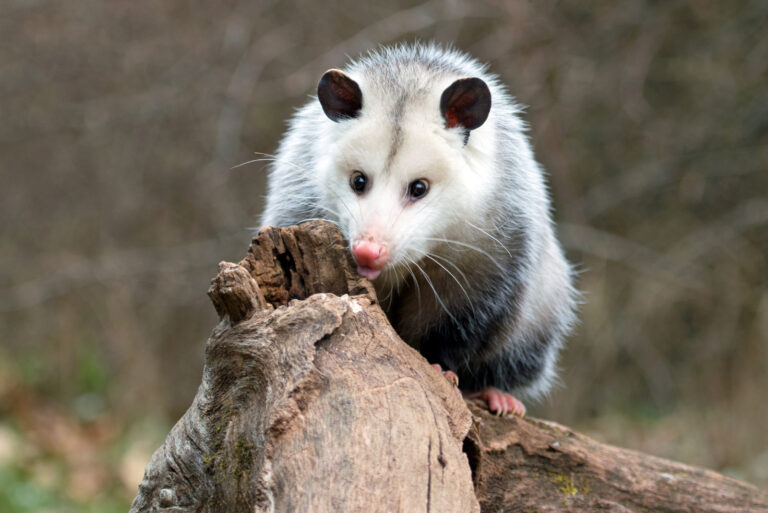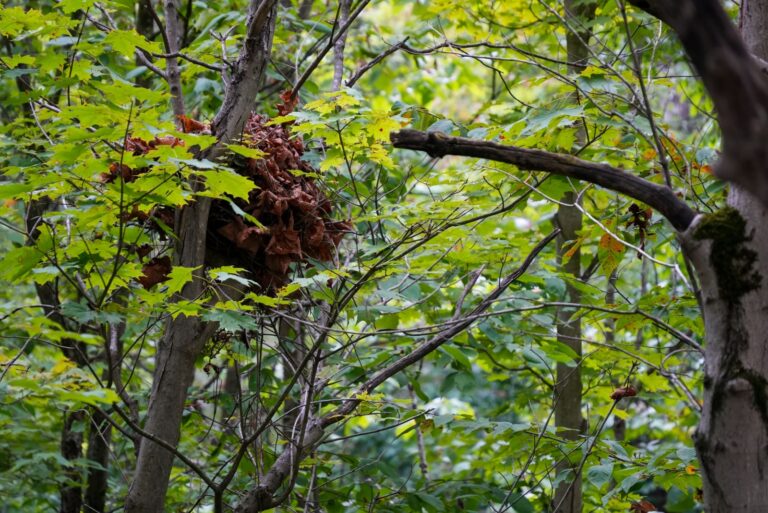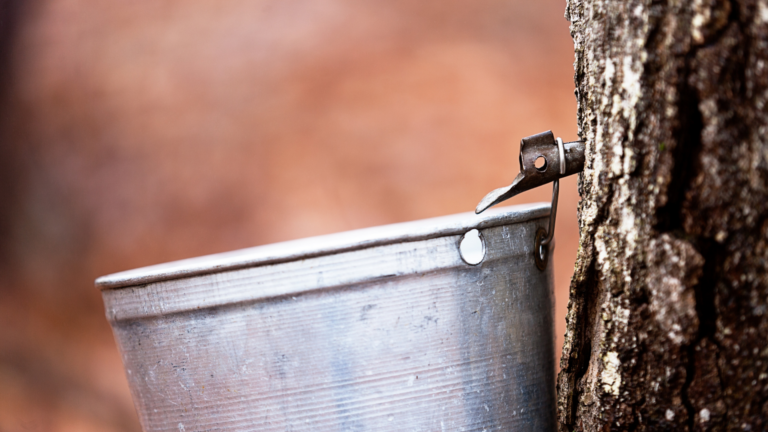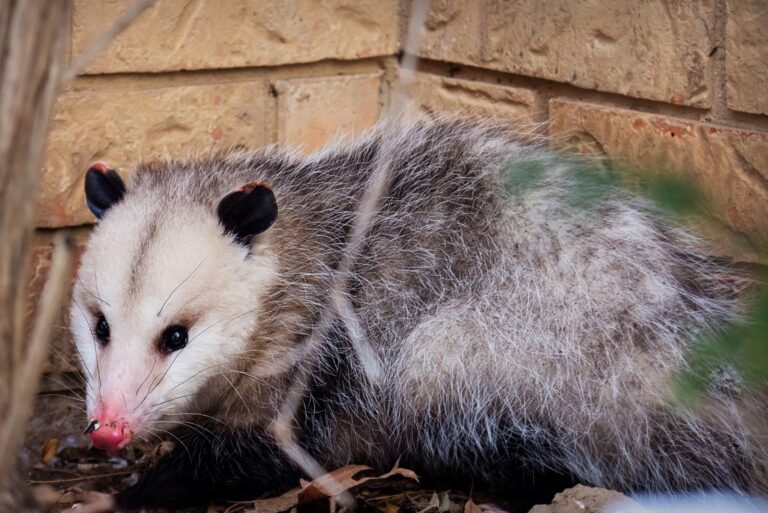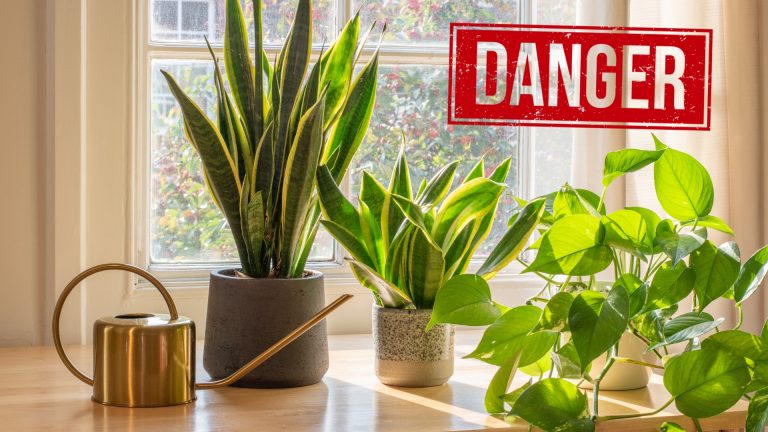9 Things Alabama Homeowners Need To Know Before Removing Possums
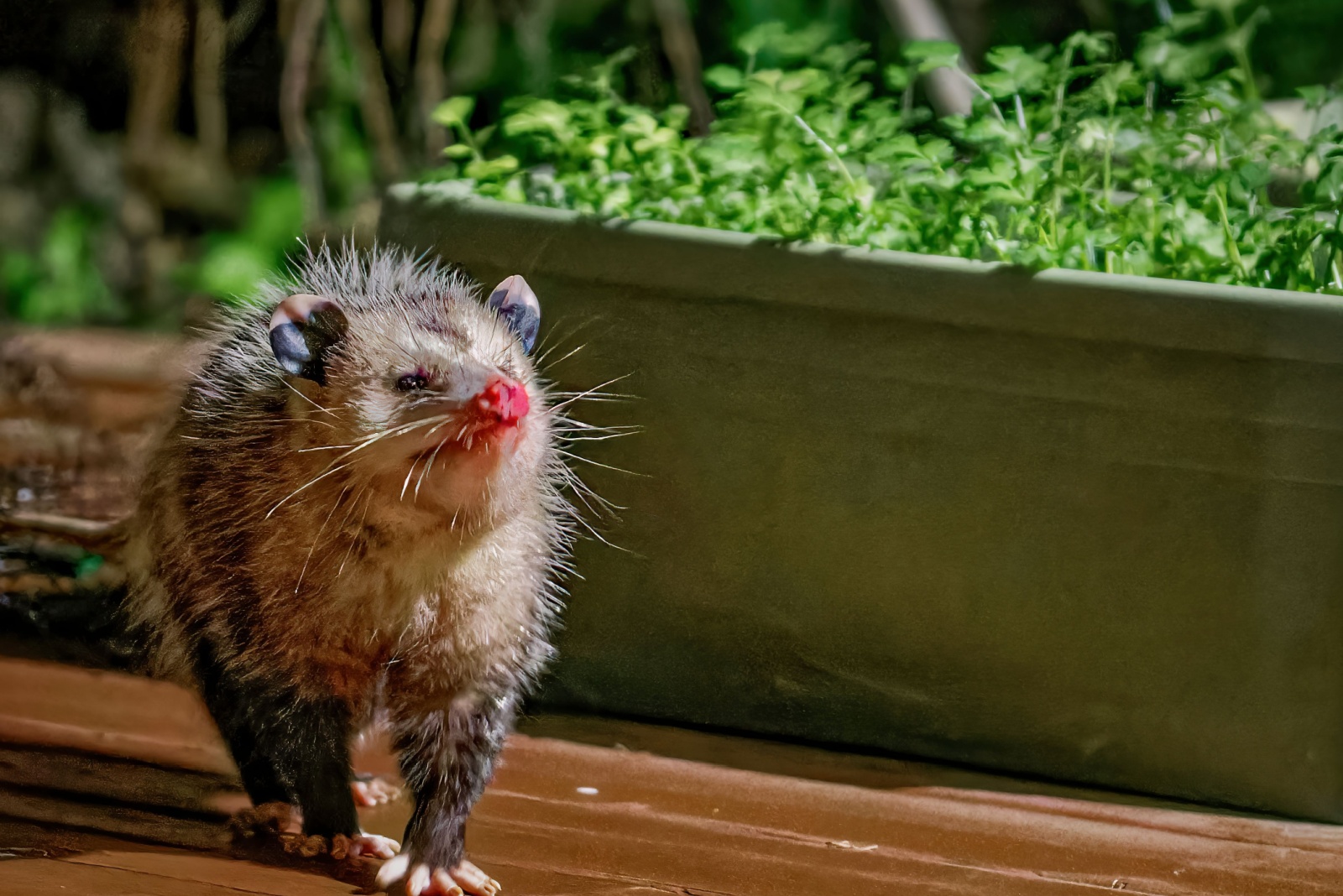
Finding a possum on your Alabama property can be startling, especially when they rummage through trash or nest in your attic. Before you take action to remove these nocturnal marsupials, understanding the facts can save you time, money, and potential legal trouble.
Knowing what you’re dealing with helps protect both your home and these surprisingly beneficial creatures.
1. Alabama Law Protects Possums As Wildlife
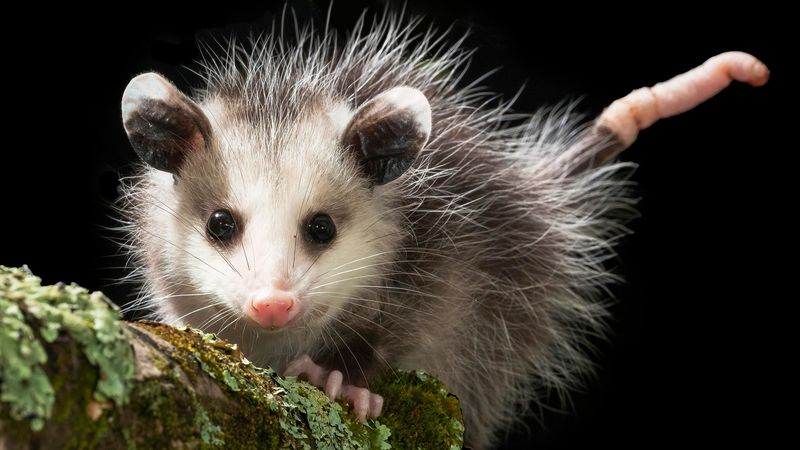
Alabama classifies possums as protected wildlife, meaning you cannot harm or kill them without proper permits. State regulations require homeowners to follow specific guidelines when dealing with wildlife on their property.
Breaking these laws can result in hefty fines and legal consequences. Contact the Alabama Department of Conservation and Natural Resources before taking any removal action.
Licensed wildlife control professionals understand these regulations and can handle removal legally and humanely.
2. Possums Actually Benefit Your Yard
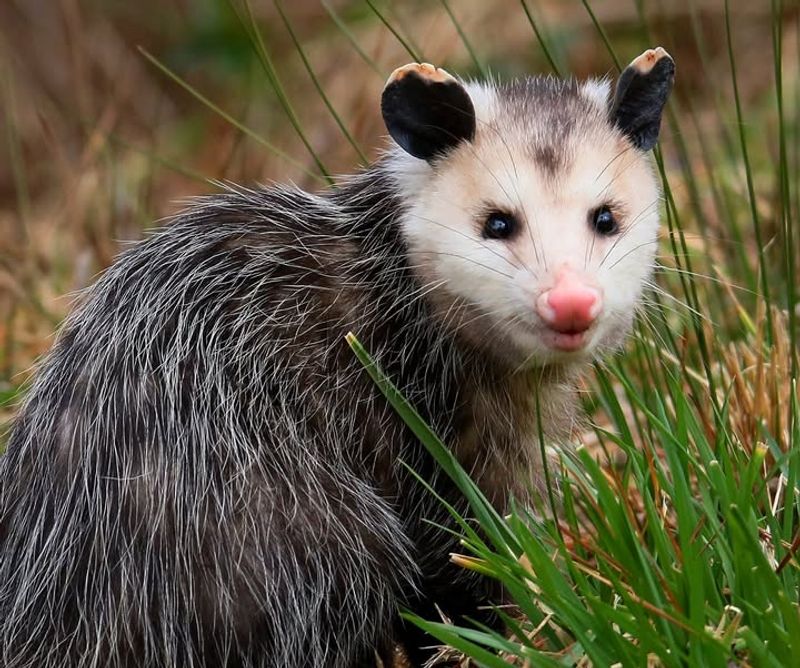
Your unexpected visitor might actually be doing you a favor. Possums devour thousands of ticks each season, helping reduce Lyme disease risk in your neighborhood.
They also munch on cockroaches, rats, mice, and venomous snakes that wander into your yard. Their appetite for garden pests like slugs and snails protects your vegetables naturally.
Before evicting them, consider the free pest control services they provide around your Alabama home.
3. They Rarely Carry Rabies
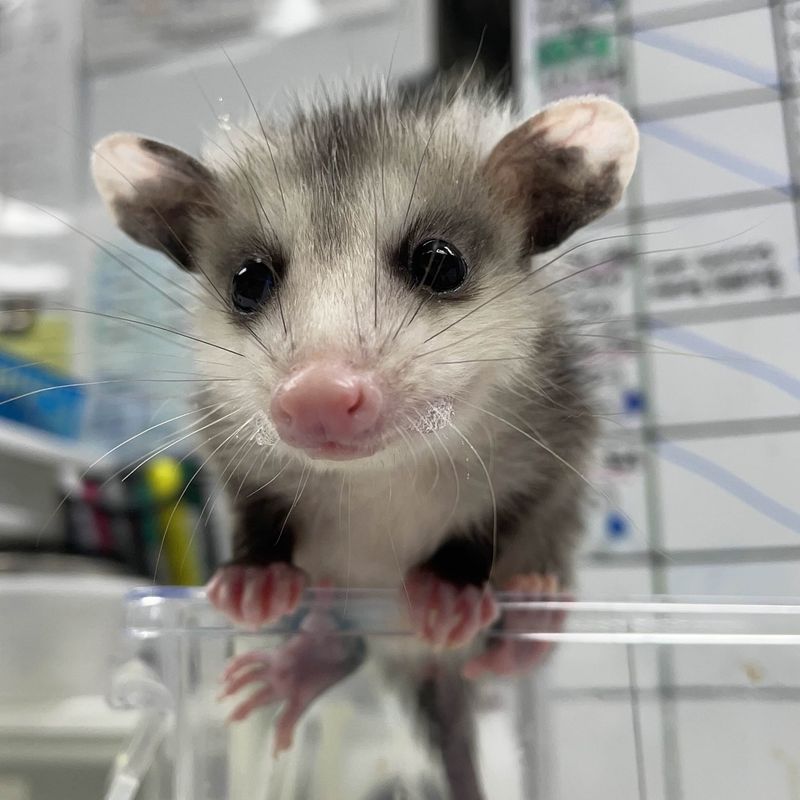
Despite common fears, possums have an incredibly low risk of transmitting rabies to humans or pets. Their body temperature runs too low for the rabies virus to survive and replicate effectively.
Research shows possums are far less likely to carry rabies than raccoons, bats, or skunks. Still, never approach or handle any wild animal with your bare hands.
If bitten, wash the wound thoroughly and consult your doctor immediately for proper medical evaluation.
4. Playing Dead Is Their Defense Mechanism
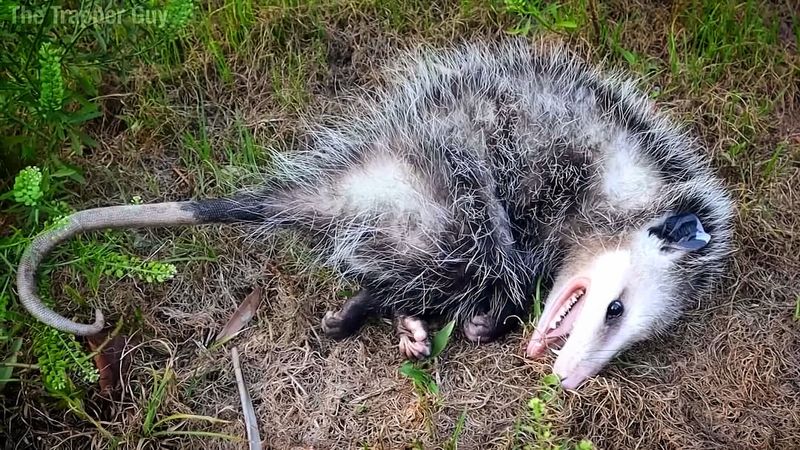
When threatened, possums enter an involuntary catatonic state that mimics death. This isn’t a conscious decision but rather an automatic response their body triggers under extreme stress.
During this state, they emit a foul smell from their anal glands to convince predators they’re already rotting. The trance can last anywhere from several minutes to multiple hours.
Never assume a motionless possum is dead—give it space and time to recover naturally.
5. Removal Timing Matters For Baby Possums
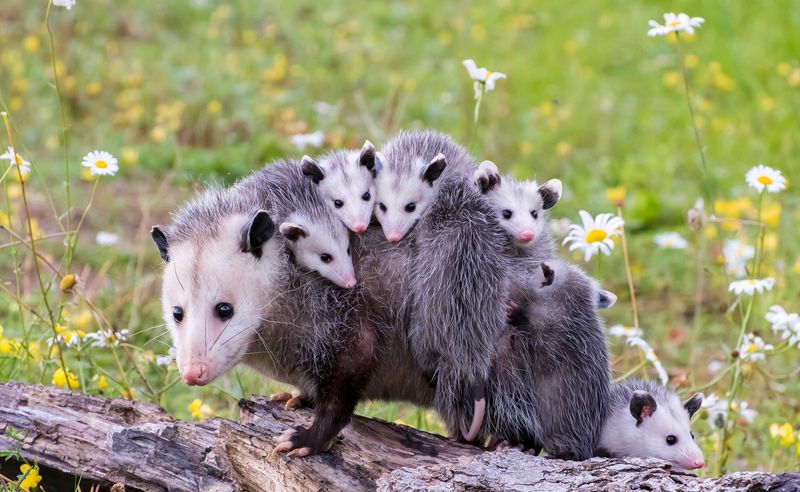
Female possums carry their babies in a pouch for about two months before the joeys ride on her back. Breeding season in Alabama typically runs from January through July, with peak activity in spring.
Removing a mother during this time could orphan helpless babies who cannot survive alone. Always check for young before relocating any possum from your property.
Wildlife rehabilitators can reunite separated families or care for orphaned joeys properly.
6. One-Way Doors Work Better Than Traps
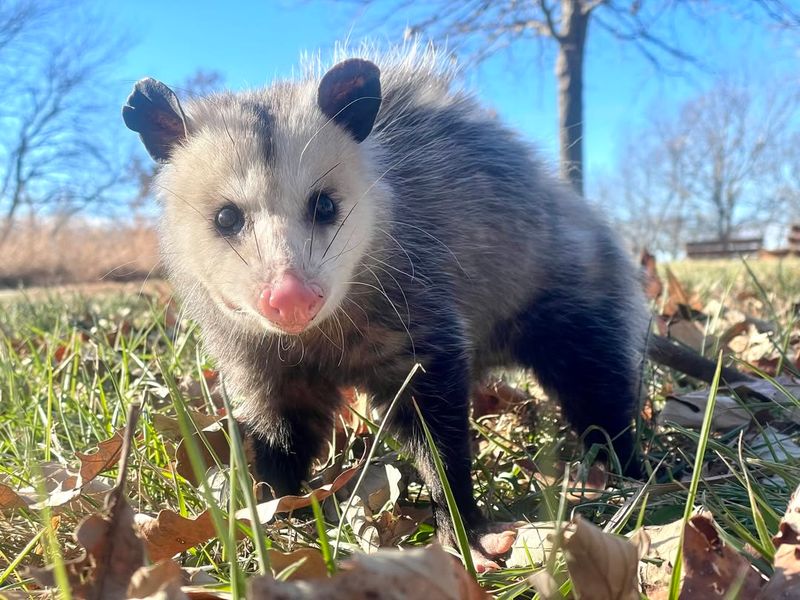
Humane exclusion devices allow possums to exit your attic or crawlspace but prevent re-entry. Installation is straightforward—mount the door over the entry hole and wait for the animal to leave naturally.
Trapping can stress the animal and requires you to handle or relocate it afterward. One-way doors eliminate these complications while solving your problem permanently.
Seal all other entry points first, leaving only the door-equipped hole for exit.
7. Relocation Often Leads To Death
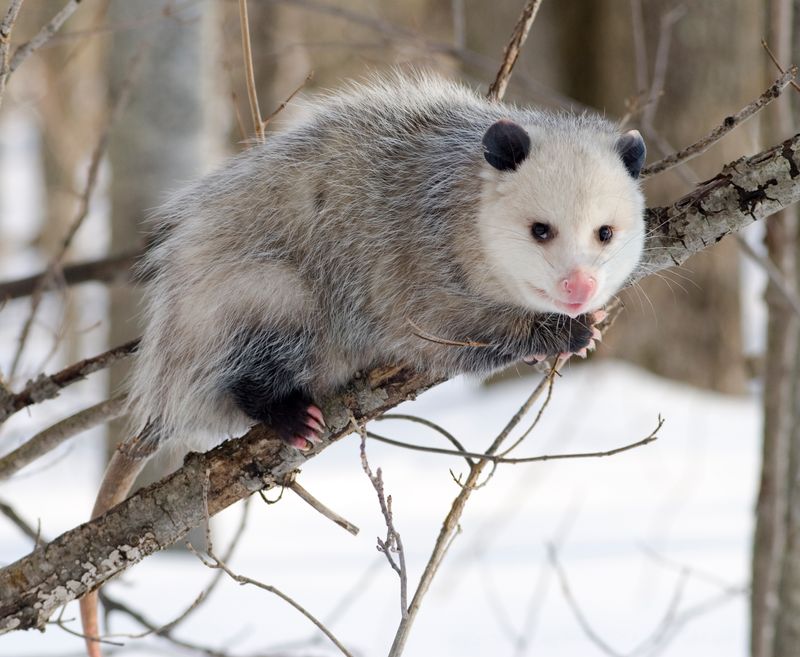
Dropping a possum miles from your home might seem humane, but relocated animals struggle to survive in unfamiliar territory. They lack knowledge of food sources, water locations, and safe shelter in new areas.
Resident possums in that territory will aggressively defend their resources against newcomers. Studies show relocated wildlife faces starvation, predation, or death from exposure.
Exclusion from your Alabama property without relocation gives them better survival odds in familiar surroundings.
8. Prevention Stops Future Possum Problems
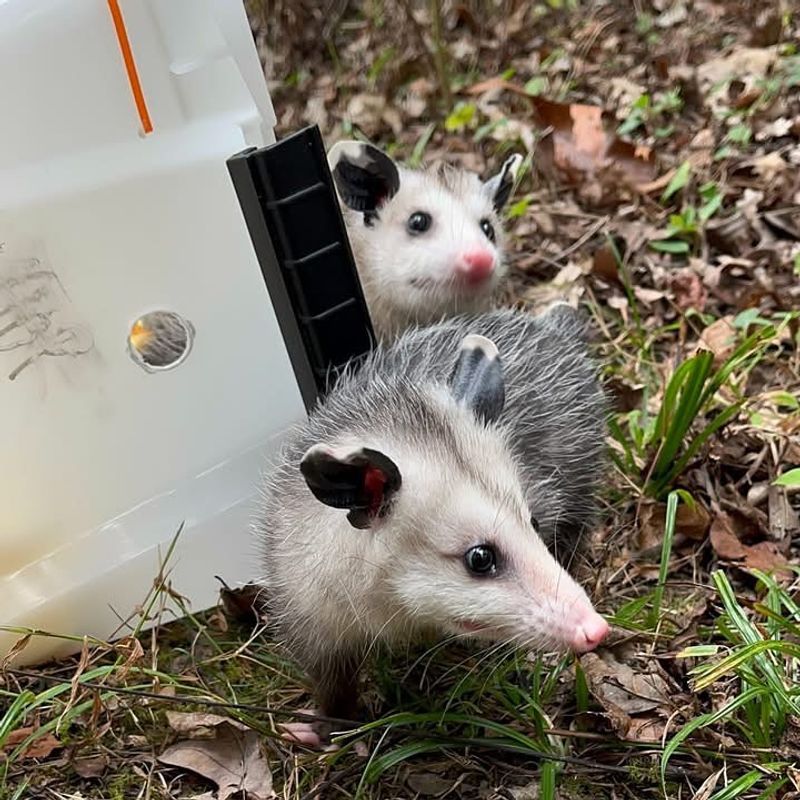
Possums seek three things: food, water, and shelter. Secure garbage cans with tight lids and bring pet food dishes inside at night to eliminate easy meals.
Trim tree branches away from your roof and seal openings larger than three inches around your foundation, vents, and eaves. Remove brush piles and wood stacks where possums might nest.
Addressing these attractants keeps possums from viewing your Alabama property as prime real estate.
9. Professional Help Costs Less Than Damage
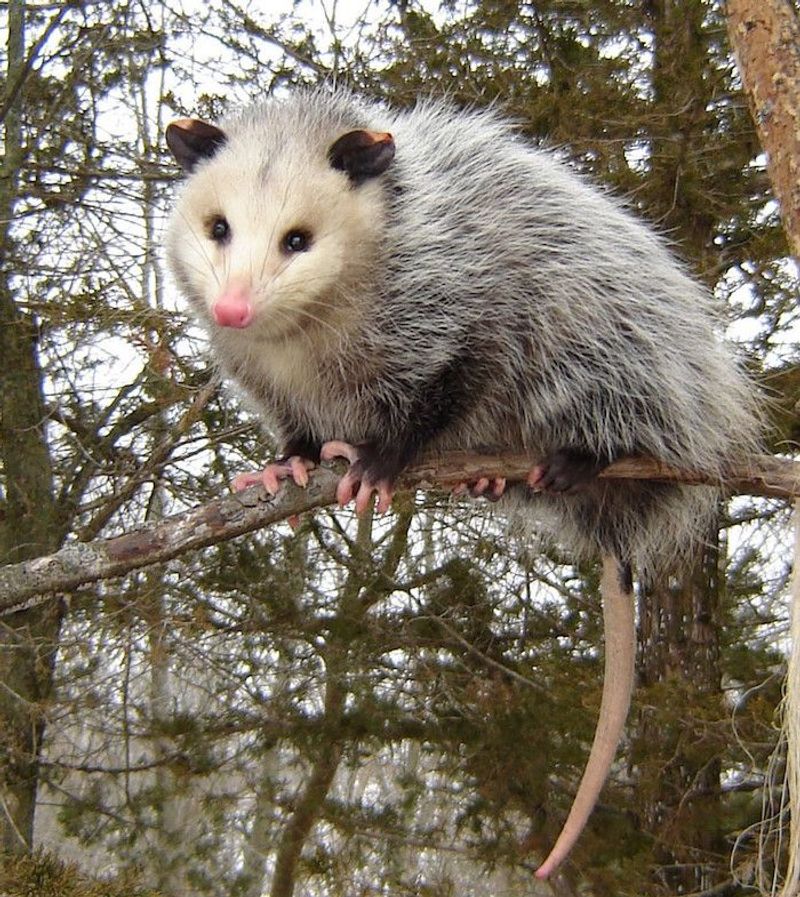
Hiring a licensed wildlife expert might seem expensive initially, but DIY removal often backfires. Possums can damage insulation, chew electrical wiring, and leave contaminated droppings that require professional cleanup.
Experts identify all entry points, remove animals safely, and provide exclusion services with guarantees. Insurance may cover wildlife damage and removal costs under certain policies.
Request quotes from multiple Alabama-licensed operators before making your decision about professional assistance.

